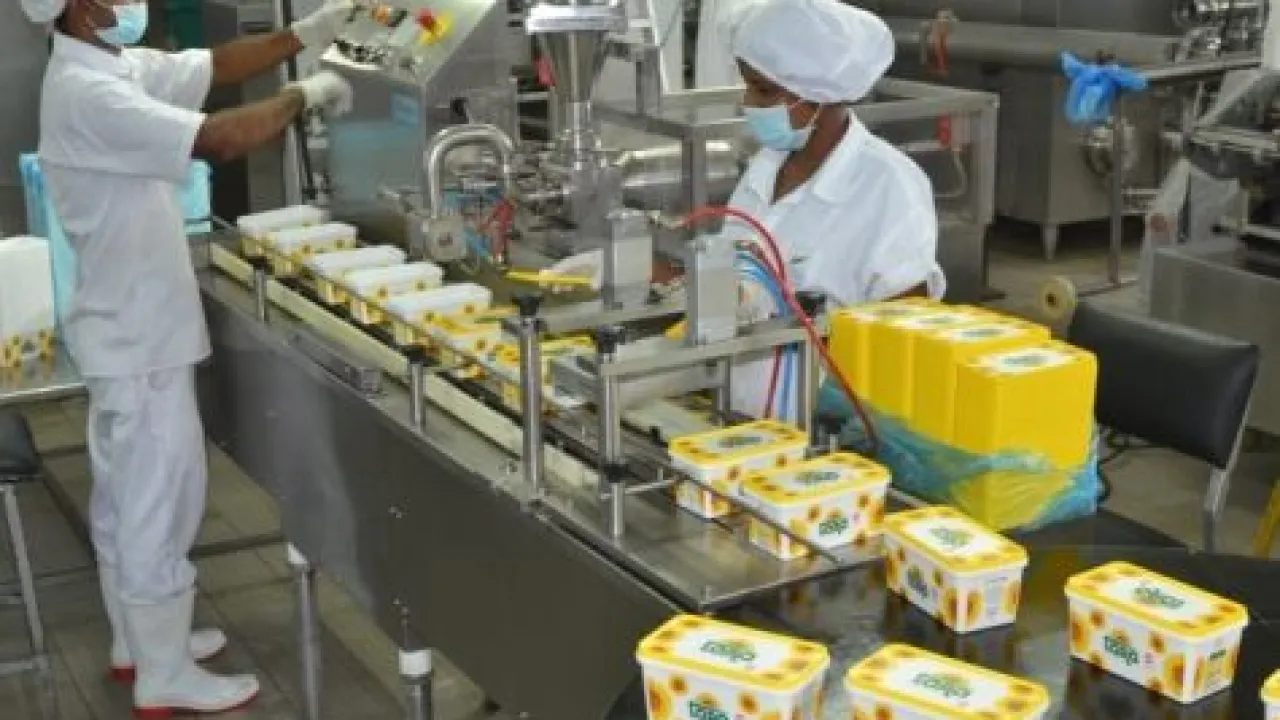Business
We Are Opposed To Proposed Tax Stamp System –Manufacturers

Nigerian manufacturers have expressed misgivings over the Tax Stamp System being proposed by the Federal Government for excisable goods.
The manufacturers acting under their apex organisation, Manufacturers Association of Nigeria (MAN), say that a tax stamp system would increase production costs, harm consumers, and contravene the Nigeria Tax Act 2025.
They stated these much in a statement on Monday, signed by the Director-General of MAN, Segun Ajayi-Kadir.
The association said that while it appreciated the governments drive to modernise tax administration, but that the proposed Tax Stamp System would amount to clawing back the reliefs granted under the 2025 Tax Act.
“The introduction of a tax stamp system amounts to giving with one hand and taking back with the other”, Ajayi-Kadir stated, adding “It would impose a hidden tax on industries under the guise of compliance, with small and medium-sized industries bearing disproportionate burdens.”
According to him, manufacturers and importers would ultimately pass on associated costs to consumers, thereby worsening inflationary pressures in the country.
READ ALSO: Tax Reform Bill: A Must Read If You Earn Below N1m
READ ALSO: If Tinubu Succeeds In Passing The Tax Reform Bills Nigerians Will Suffer
“At a time when operators are grappling with rising excise rates, high energy prices, inadequate power supply, and high inflation, the additional burden of implementing tax stamps is a serious threat to industrial sustainability”, Ajayi-Kadir said, urging the government to reject any persuasion to introduce the policy..
Introducing a Tax Stamp System for excisable products could push households toward cheaper illicit products and erode the competitiveness of Nigerian manufacturers under the African Continental Free Trade Area.
Referencing from experience in Ghana and Uganda for example, the MAN DG stated that tax stamps deliver limited revenue gains while creating heavy compliance and operational bottlenecks.
“Paper-based tax stamps are prone to falsification, making it difficult for consumers and retailers to distinguish between genuine and counterfeit goods. Digital stamps, on the other hand, cut productivity by up to 40 per cent and have not reduced illicit trade.”
According to him, the Customs’ B’Odogwu Automated Excise Register System and the Federal Inland Revenue Service’s e-invoicing platform, provide real-time visibility of excise operations, adding: “These tools already give the government the visibility that tax stamps claim to provide, without adding redundant layers,” he said.
Introducing tax stamps would undermine the government’s efforts to promote local manufacturing and job creation, as it would result in increased circulation of counterfeit goods, reduced consumer demand, potential job losses, and deterrence of new investment in the sector.




























